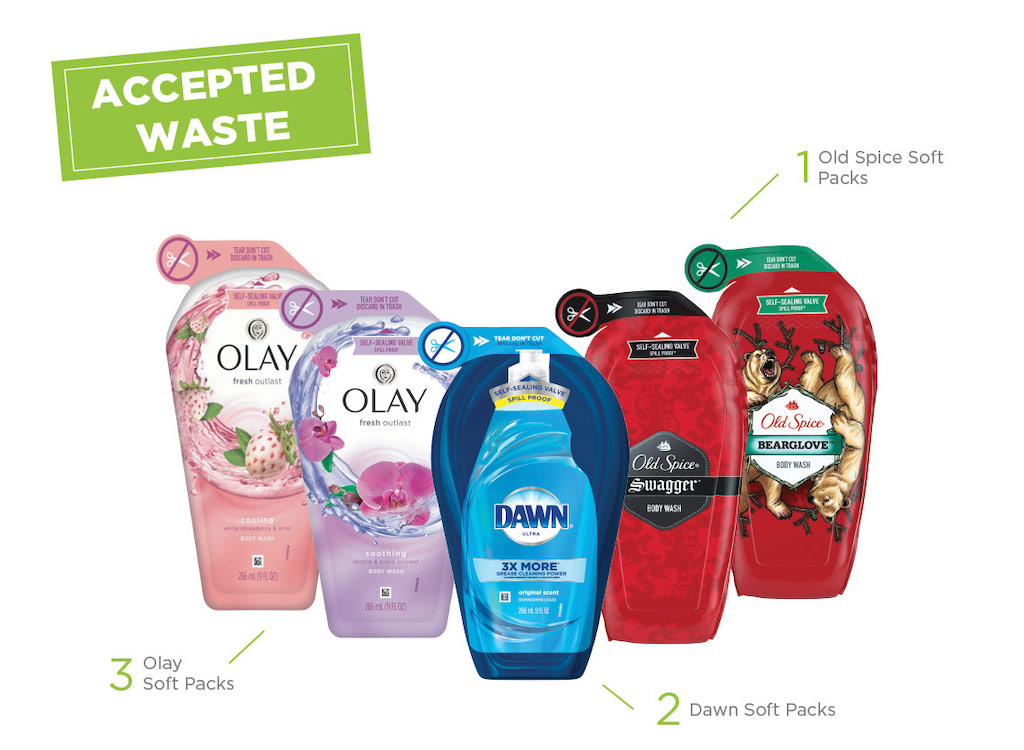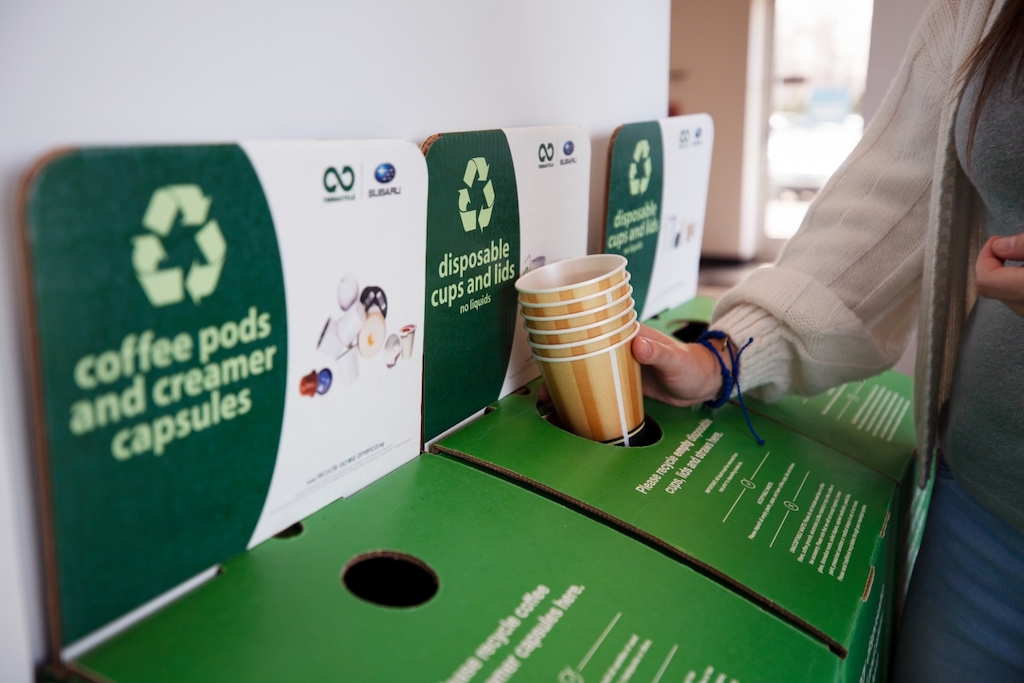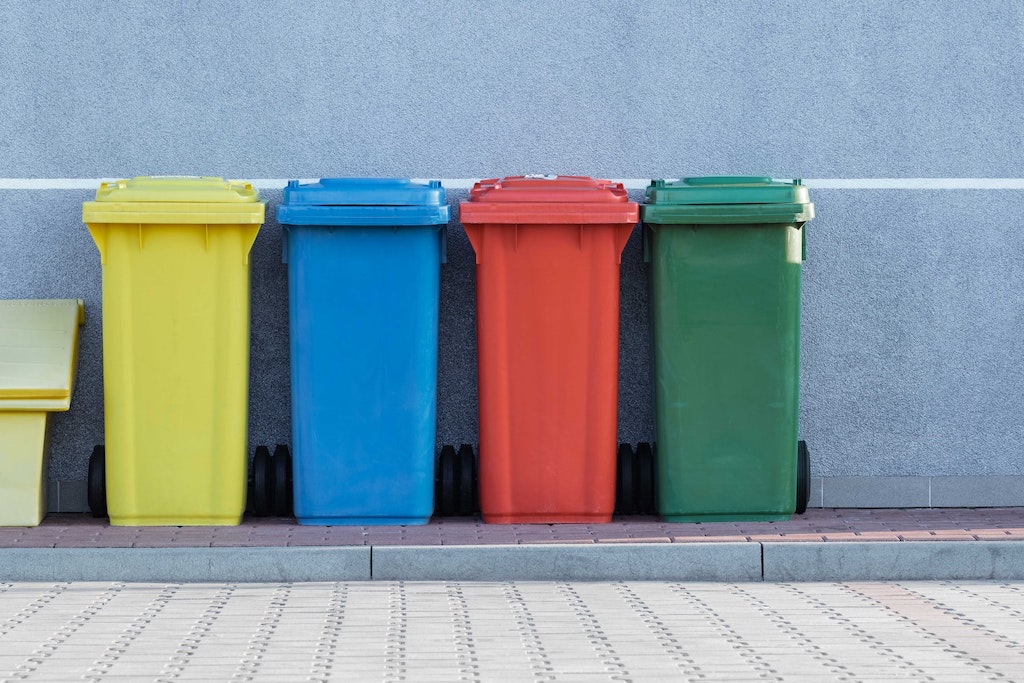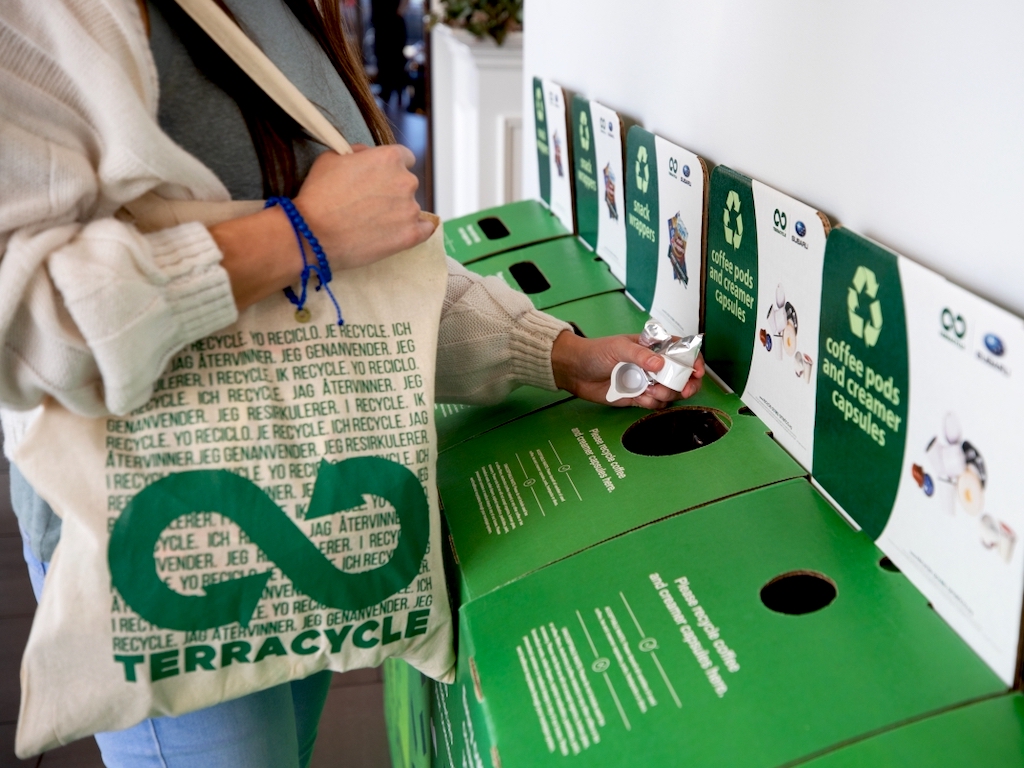4 Mins Read
TerraCycle, the company behind mail-in recycling collection programs, is misleading consumers, according to a new lawsuit. Filed by the Lexington Law Group on behalf of nonprofit The Last Beach Cleanup, the lawsuit alleges that TerraCycle and partnering brands such as P&G and Coca-Cola are deceiving consumers about the ease and availability of their take-back recycling schemes.
TerraCycle and its corporate partner brands such as Clorox, Coca-Cola, P&G, and L’Oréal are being sued by nonprofit The Last Beach Cleanup. The lawsuit was filed on March 4 in the Superior Court of California, County of Alameda, against the firms’ failure to properly disclose to consumers the “catch” when it comes to its take-back recycling programs.
Allegations of greenwashing
TerraCycle runs programs that let consumers send difficult-to-recycle single-use plastic products to the company to be recycled. The other brands listed in the lawsuit, which also included Late July Snacks, Germer, and Tom’s of Maine, have teamed up with TerraCycle to offer this take-back recycling service for their products.
Many of these participating companies have branded their products with on-label claims, suggesting that the packaging can be widely and easily recycled at no extra cost. The Last Beach Cleanup says consumers are purchasing these products thinking they will be fully recyclable at end of life, but end up being offered a cost alternative due to budget caps.

According to the complaint, TerraCycle has misled consumers about such “strict numerical limits” that prevent people from freely participating in their mail-in programs, as well as the lack of evidence that such collected products are being recycled.
This, the lawsuit says, has enabled companies to “reap the rewards of portraying their products as recyclable while offering no corresponding benefit to the environment or to consumers concerned about sustainability.” It adds that the claims advertising the products’ recyclability are “deceptive to a reasonable consumer.”
Read: John Oliver exposes plastic industry’s lies driving the global waste crisis
Potential for contamination
After realising that the free recycling program may not actually be available, The Last Beach Cleanup says many consumers end up simply sending these items to the landfill. But even worse outcomes are happening because the labeling and advertising by TerraCycle and its participating brands are misleading consumers into thinking that they can direct items to existing recycling infrastructure.

“Worse yet, some consumers instead discard the packaging into their curbside recycling bins, thereby contaminating legitimate recycling streams with unrecyclable materials and increasing costs for municipalities,” it said.
The lawsuit asks the court to stop the companies and TerraCycle from using such on-pack labels, on the basis that they are “unfair acts and practices” that violate the California Business & Professions Code.
‘We disagree with all the claims made’
Responding to the lawsuit in a recent July interview with Resource Recycling, TerraCycle CEO Tom Szaky said: “We disagree with any and all of the claims that are made.”
Szaky went on to explain that TerraCycle’s collection programs each have a budget limit, set up by its partners and that sometimes, the free collection option reaches that limit. He insisted that consumers are “always” given “at least a choice available if the free program has hit a temporary limit,” and suggested that the caps “only last for a little period of time anyway”.
The CEO added that the recycling labels do not confuse consumers into believing they are curbside recyclable, because it clearly states that it should be recycled with TerraCycle or in language outlining that it should be sent back, rather than dropped off by the curbside.

“I do not believe the TerraCycle program is confusing to municipal recycling,” he said.
TerraCycle is the same company behind the popular global Loop service, which operates a circular reusable container platform for big-name brands like McDonald’s and Tesco. But its take-back recycling program is the most profitable channel. According to its financial filing, the more than 100 brands participating in these recycling programs generated TerraCycle US more than $10.5 million in revenue in 2020.
The second-largest source of revenue for TerraCycle US is the Zero Waste Box program, which is the program when consumers have to pay for recycling once the free budget cap is reached. In 2020, this channel experienced “double-digit growth” year-on-year and brought in $7.5 million for the company.
Lead image courtesy of TerraCycle / Subaru.




